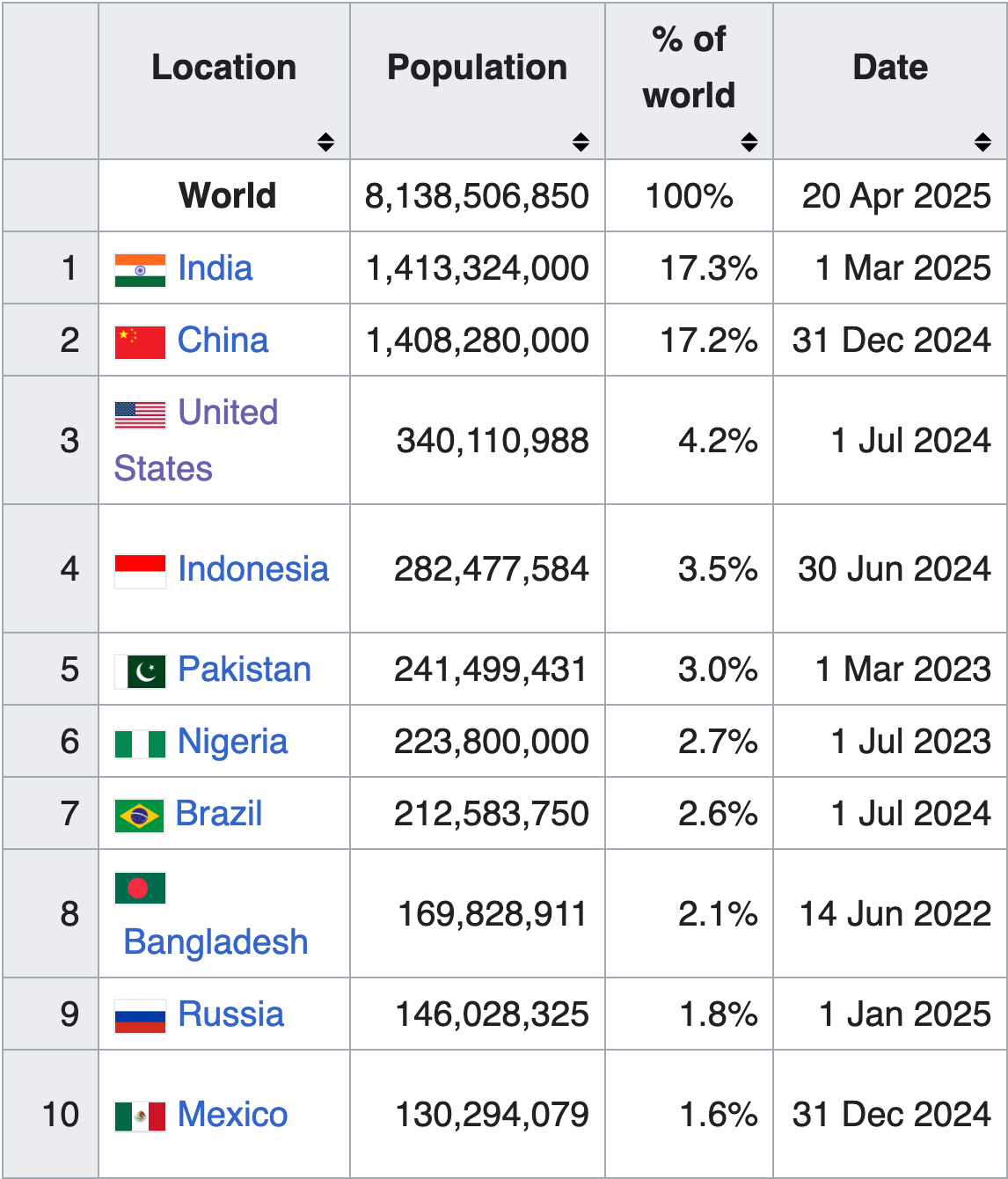Yes, we’re in distress. Admitting that is the beginning.
Collectively, we’ve elected a leader only interested in benefitting himself who has gathered together a legion of hollow men and women lured to the flame of power and wealth and willing to break every rule of civilized society, every carefully crafted piece of our system of checks and balances, and, of course, our foundational principle that people are innocent until proven guilty.
Other than that, we’re just in the midst of a gentle spring shower.
Surviving this perfect storm (defined as a particularly bad or critical state of affairs, arising from a number of negative and unpredictable factors) is our first collective responsibility.
Step #1: Hate as little as possible. This is the time we have been given, and there is no point denying where we are or blaming anyone. Hate and blame will stand in the way of our collective effort to recreate the country we want for ourselves and our children.
Please share what you’re doing to take care of yourself and survive this chaotic and confusing time.
Why is Step #1 so important? Think outside our national boundaries.
While these are strange times for us; others have been in similar challenges and can help us make sense of where we are. First, let’s look at a chilling example: Sudan.
This week recognized the second year of the disastrous, inhumane civil war in the African country of Sudan (50 million people). It would be easy to say, “Oh, it’s tribal Africa … we’re not like them.” However, I said something like that before trump happened, so I want to avoid that mistake again.
Because I know so little about that part of the world, I asked Perplexity to explain it to me. When the results came back, I was amazed at how familiar it felt. I have rewritten the summary as if it were our world, with a link to the actual response at the end if you would like to see it.
The USA two years from now as seen through a Sudanese Lens: (fiction … I so hope!)
Perplexity description of Sudan’s civil war (the only changes made were to apply our own conflict details shown in bolded italics):
The American second civil war was triggered by a power struggle between the Democrats and the Republicans, rooted in decades of income inequality, racial conflict, and mismanaged immigration systems.
Two years ago (in 2025), war erupted after a new administration took office and began systematically breaking systems in accordance with a take-over plan known as Project 2025. Over 250,000 (real number) civilian workers were fired as local, national, and international agencies were gutted. With whip-lash tariffs and economic regulations dismantled, markets reeled out of control and the country spun into a depression causing the world’s largest displacement crisis, widespread atrocities, and a deepening humanitarian catastrophe, with little sign of resolution as both sides remain entrenched and foreign actors fuel the conflict.
Actual Sudan report from Perplexity
May all the gods that be prevent the above scenario; however, I think it’s going to be up to us … and pretty much only us. Contemplate this graphic for a minute, and then ask: which ones of these countries might come to our rescue? Which ones are even BIG enough, strong enough to rescue us?
It is my conclusion, after all of this, if we don’t do Step #1, the other steps, which I will write about later, won’t make much difference.
If we don’t manage Step #1 (ALL of us), civil war is a likely outcome.
So, we need to take care of ourselves, support our heroes, stay informed and engaged.
This is no time to be bowling alone!
The good news … again from Perplexity … is that we can save our democracy and avoid civil war. Here are some examples:
Examples of Countries Returning to Democracy After Dictatorship (Perplexity)
Spain - After the death of dictator Francisco Franco in 1975, Spain transitioned from an autocratic regime to a parliamentary democracy. This transition was achieved peacefully and through the same institutional mechanisms that had supported Franco’s regime, without civil war or foreign intervention. By the early 1980s, Spain had established a modern, pluralist state and joined the European Union, becoming a stable democracy.
Argentina - Argentina experienced a brutal military dictatorship from 1976 to 1983, marked by widespread human rights abuses during the so-called "Dirty War." Following the regime's collapse, democratic elections were held in 1983, leading to the presidency of Raúl Alfonsín. Alfonsín’s government prosecuted members of the former military regime and re-established civilian rule, marking the country’s return to democracy.
Albania - After four decades under the communist dictatorship of Enver Hoxha, Albania began transitioning to democracy in 1990. The country underwent significant reforms and now has a pluralist political system, despite ongoing challenges with political polarization and poverty.
Portugal - Portugal ended 48 years of authoritarian rule in 1974 through the Carnation Revolution, a largely peaceful military coup. This led to the establishment of democracy after decades of dictatorship.
Tunisia - Tunisia is often cited as a success story from the Arab Spring. After the 2011 ousting of dictator Zine El Abidine Ben Ali, Tunisia transitioned to a democratic system. While the country still faces political and economic challenges, it has maintained a more democratic and inclusive government than many of its regional peers.
Poland - In the 21st century, Poland faced a drift toward authoritarianism under the Law and Justice Party, which undermined independent institutions and media. However, in the 2023 elections, a broad opposition coalition defeated the ruling party, restoring democratic norms and reversing the authoritarian trend.











Hmmm, I'm looking for more comments to your stark examples and predictions.
I see that you highlight Step 1, personal engagement, as your Call to Action.
I will respond to that and step away from the international comparisons.
Here's my 'Church Lady' response; in our congregation we have a Justice & Outreach Council. I publish their monthly newsletter highlighting our participation and financial support of local organizations doing good work on timely issues such as affordable housing, food insecurity, immigration reform, GLBTQ issues and aiding undocumented persons, gun violence prevention, environmental preservation issues, education for youth and such. We were well represented at our local Hands-Off demonstration, including our priest. Our objective is to encourage more members of our church and other cooperating ministries to stay alert, take action, and walk the walk.
You are welcome to take a peek at the newsletter here: https://myemail.constantcontact.com/Justice-and-Outreach-Monthly-Digest--Share-your-Blessings.html?soid=1105757923942&aid=WDtIyW1moUc
Everyone has to live one day at a time, pray that the orange twat ends up as orange juice, no not do that, that would be bad how about pray he gets pushed down a hill into a swamp and life goes on for the better without him. Sorry had a moment, now we pray that we can survive the twat time in office and that the world isn't too badly damaged but the fool